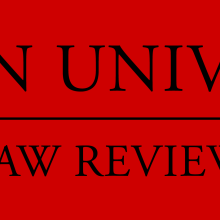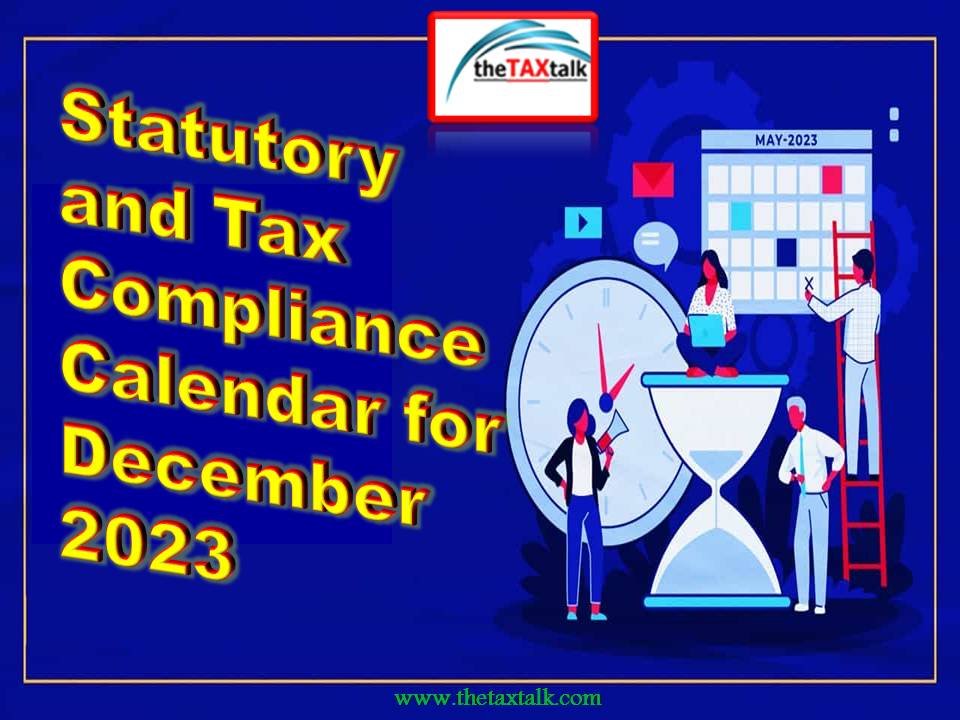Thursday, August 10, 2023
Gondwe: The Tax-Invisible Labor Problem: Care, Work, Kinship, And Income Security Programs In The IRC
Nyamagaga Gondwe (Wisconsin; Google Scholar), The Tax-Invisible Labor Problem: Care, Work, Kinship, and Income Security Programs in the IRC, 102 B.U. L. Rev. 2389 (2022) (reviewed by Shayak Sarkar (UC-Davis; Google Scholar) here):
Since the mid-1990s, American financial assistance programs have increasingly shifted to require evidence of labor-market participation as a criterion for eligibility. This shift signaled a change from previous public financial assistance programs that were principally distributed based on unmet material need.
The shift from need-based to income-tested financial assistance programs has been lauded for increasing labor force participation. But, in this shift, income security programs have failed to account for the labor of nonmarket care workers. These care workers, whose household production contributes actual value, experience both economic insolvency and tax invisibility in the face of assistance systems that do not recognize care work as eligible labor. Because care work disproportionately falls to women in American homes, income-tested financial assistance programs place an outsized strain on women’s economic lives.
In this Article, I argue that income security programs that fail to recognize nonmarket care labor undermine women’s economic autonomy by constraining their personal labor choices. In addition, by locating income security programs in the income tax system, policymakers increase the gendered impact of racial capitalism.
I propose that if financial assistance programs continue to require evidence of labor, then those programs should account for nonmarket labor as having equal status with market-based labor.
https://taxprof.typepad.com/taxprof_blog/2023/08/gondwe-the-tax-invisible-labor-problem-care-work-kinship-and-income-security-programs-in-the-irc.html




